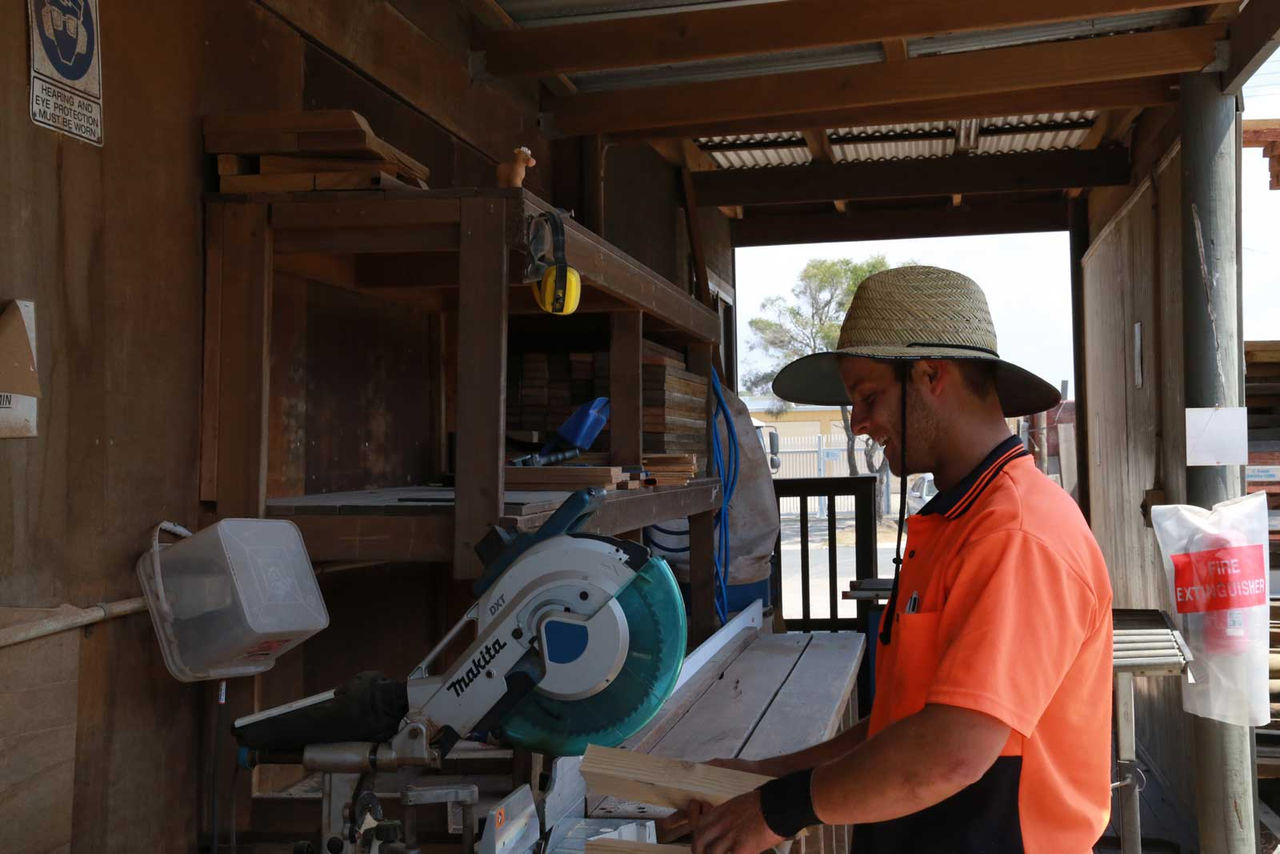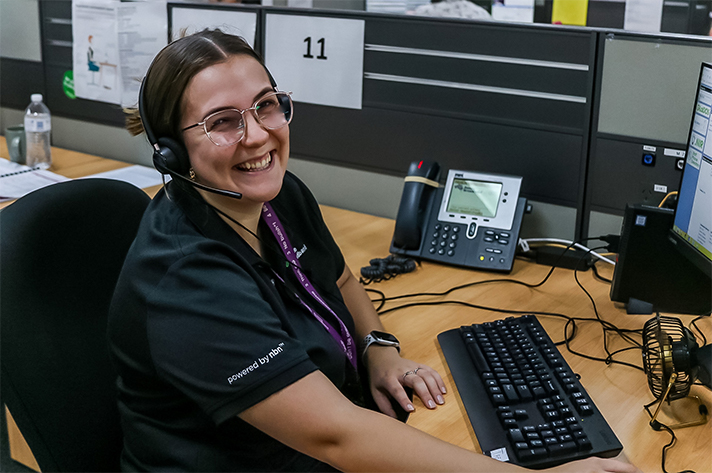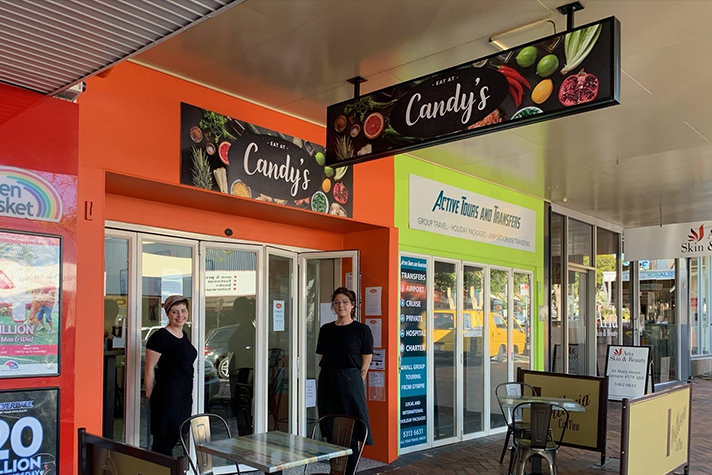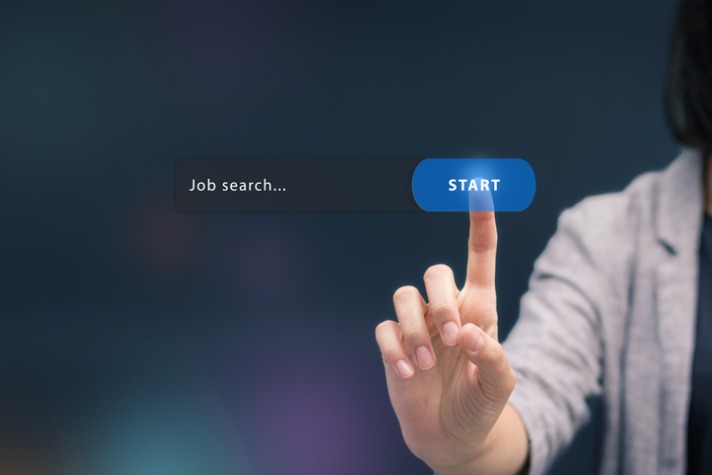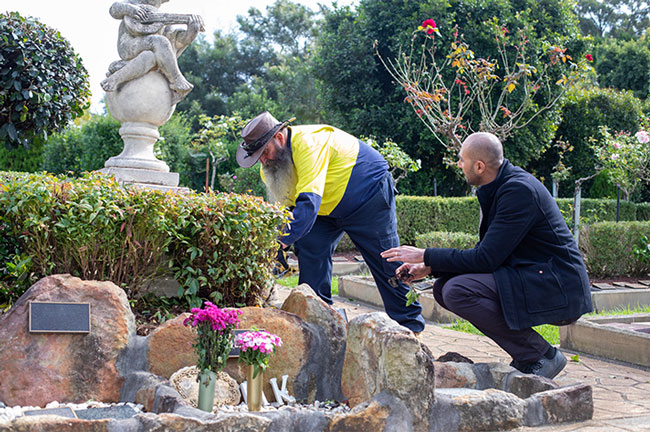Regional approach key to success in NSW
Published by MAXSolutions on September 10, 2023
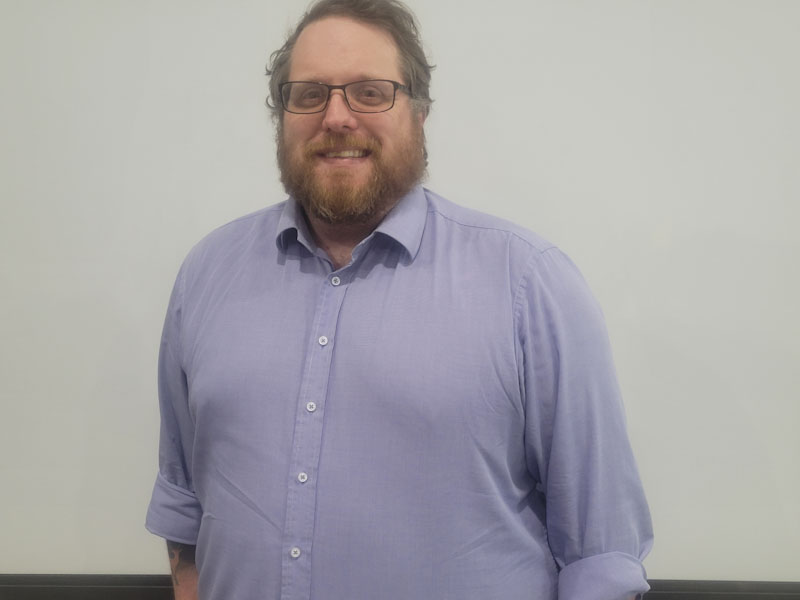
Our SEE the Difference program in Cessnock is an example of how our trainers are tailoring our services to meet the needs of their communities.
Cessnock is a regional town in New South Wales and houses one of the state’s larger prison systems.
Many ex-offenders live in Cessnock after release from prison and begin their new journey back into employment here.
As a result, there is a higher proportion of ex-offenders looking for work or to enter formal education and needing support.
Adam Houston runs the SEE the Difference program in Cessnock which is targeted at ex-offenders and helps to provide the skills to reintegrate into society.
The Skills for Employment and Education (SEE) program welcomes students from a variety of backgrounds and circumstances to improve their prospects of entering ongoing employment or education.
Some students have greater difficulties than others and this can be because of a variety of factors.
For students like these, a more individualised approach to learning is needed to help them achieve their goals.
Having worked for a range of providers in the employment and disability support sector, and then six years with MAX since the SEE program first started, Adam noted the differences in needs for more regional customers.
“While many metropolitan areas see classrooms full of culturally and linguistically diverse (CALD) students, regional classrooms, particularly in Cessnock, have students with different barriers which require different support,” says Adam.
The SEE the Difference program is a more structured classroom experience that provides increased levels of individual support and a curriculum that is specifically tailored to each student.
Adam highlights that while each student has their own unique challenges, a common problem is a lack of hope.
“A big part of this program is about re-energising students about the future, challenging them to see past the negative and look towards a pathway of success in their future," Adam says.
“The smaller class sizes also give the time to provide that tailored instruction that helps students achieve their goals and keep pushing forward” he adds.
Partnering with Joblink Plus, Adam teaches classes at a Joblink Plus site that allows for a more holistic approach to support.
“Where available we can help break down potential barriers by working with our partners to action health supports and financial supports to keep students in the classroom.”
"Success in this program is about laying the foundation for the work ahead and identifying their learning pathway from here."
For many, the issue is digital literacy. For some, things like a lack of a mobile phone make it difficult to fully participate digitally.
It is also about keeping momentum and not letting progress stall. Adam is keen to not let their past impede their future.
“School was not a happy place for some students so it’s important to not recreate school or the traumas they may have experienced. Classes are centred around actionable goals and are largely self-directed with our support as needed.”
In its second iteration, Adam is hopeful of more programs like this addressing the needs of regional communities.
“There are different kinds of disadvantage in regional communities compared to the cities and we need to deliver programs that meet that need.”
The Skills for Education and Employment (SEE) program is delivered by MAX on behalf of the Department of Employment and Workplace Relations.
Tags
Found this useful?
Help and advice
Our blogs are about helping people seek the information that they need for their steps in the workforce.




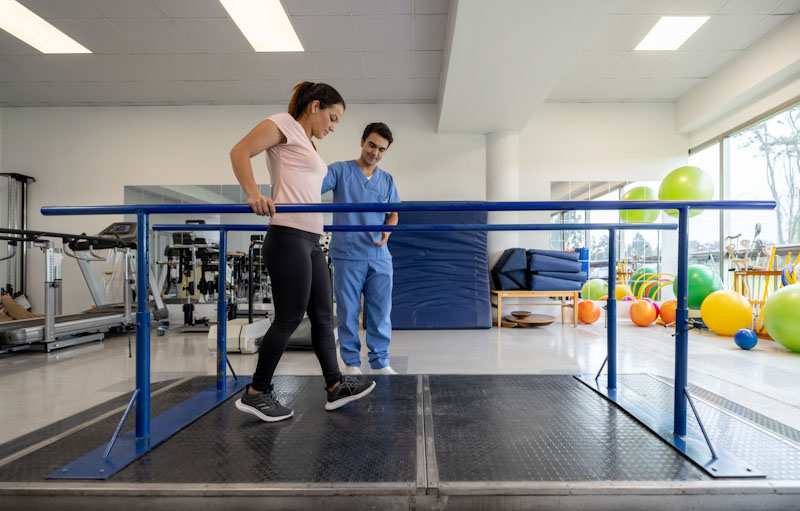
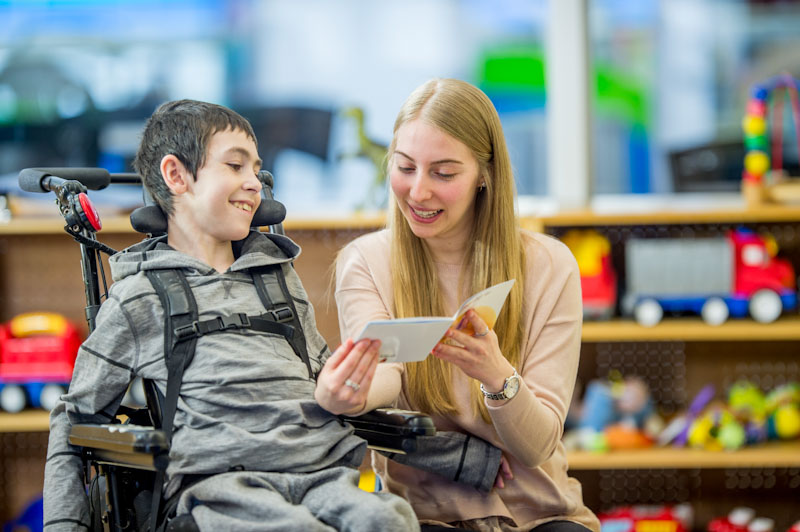
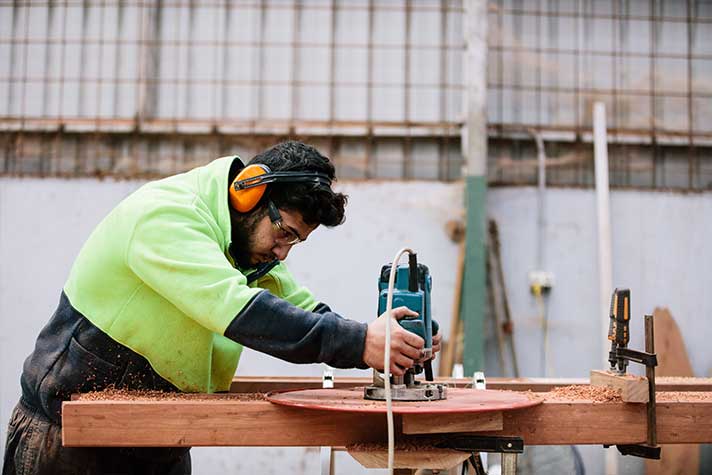

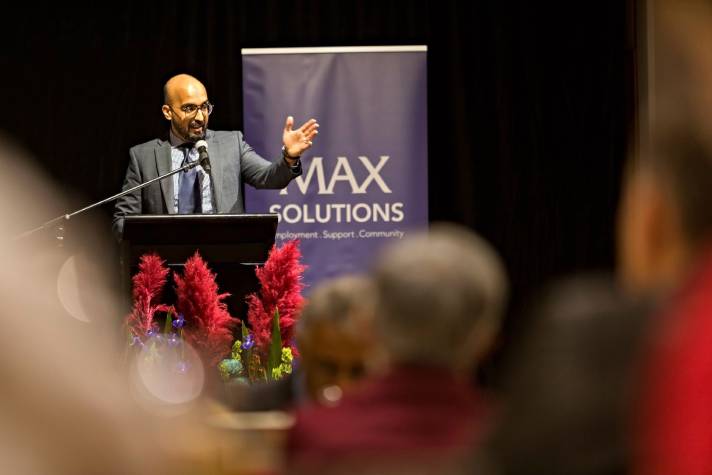





_1.jpg)




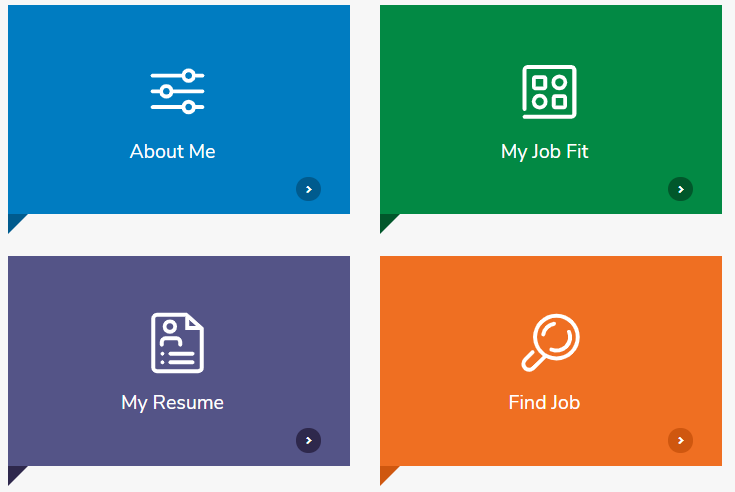




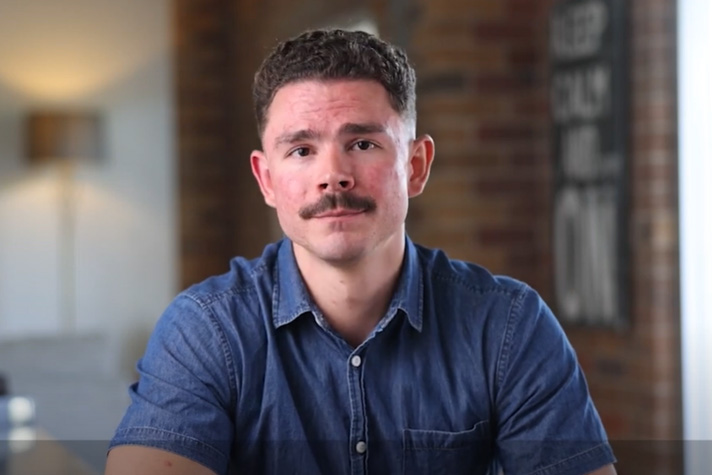


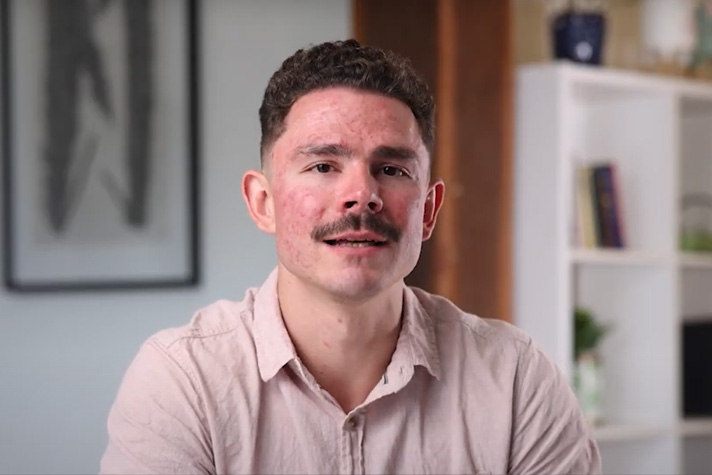
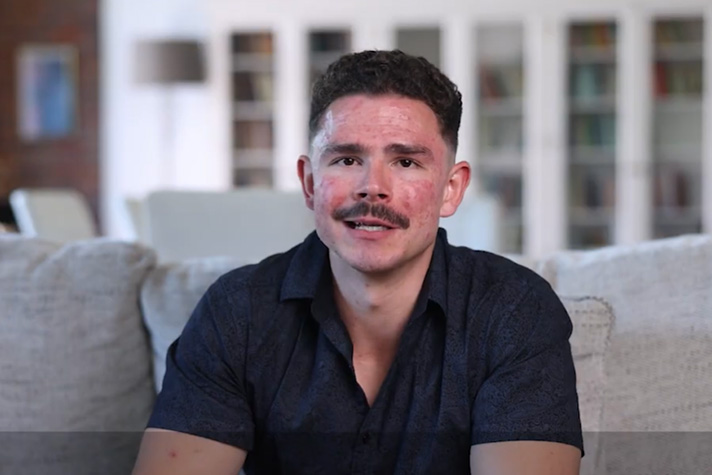





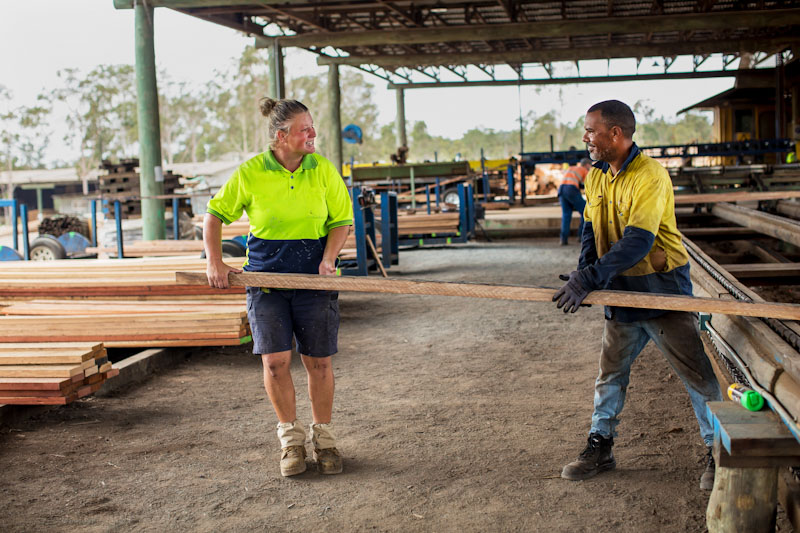
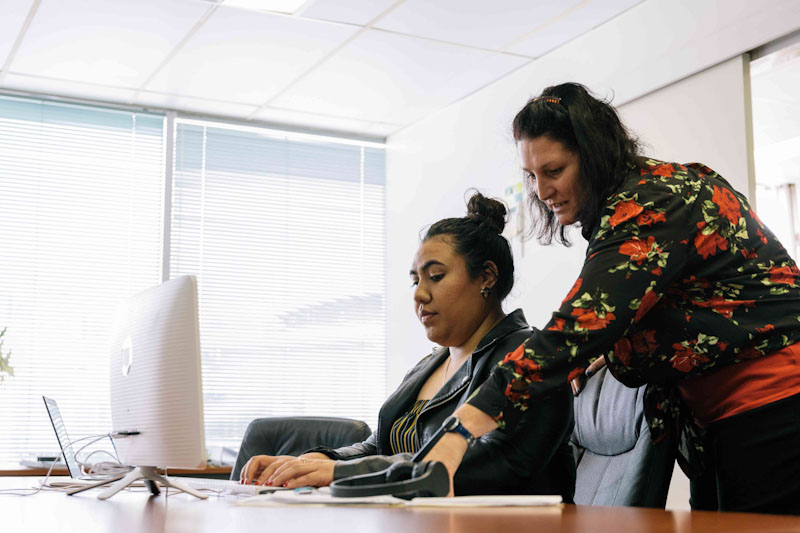

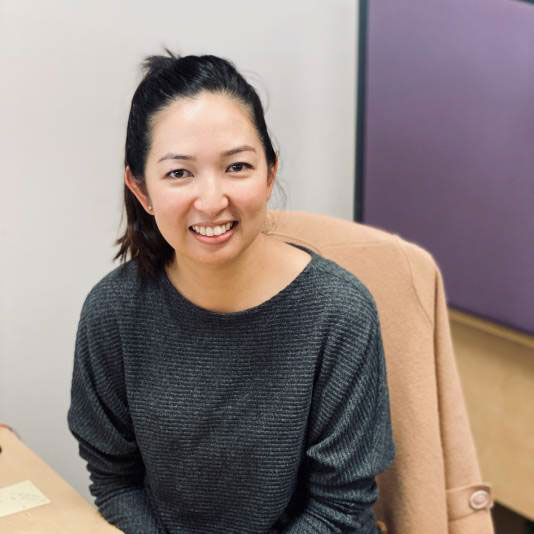





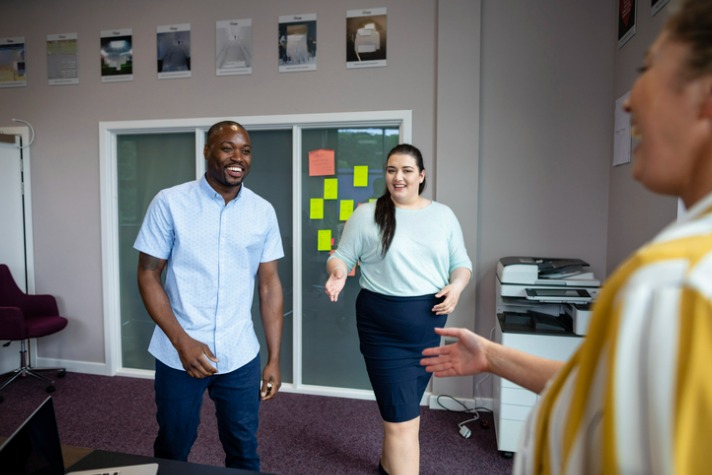
.jpeg)
